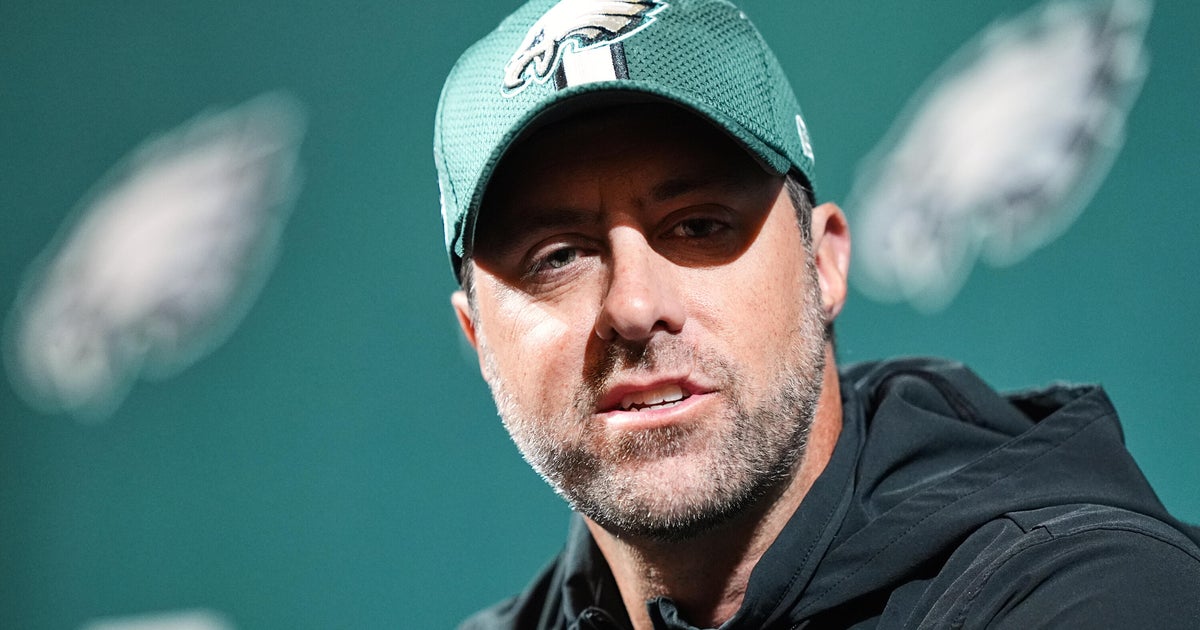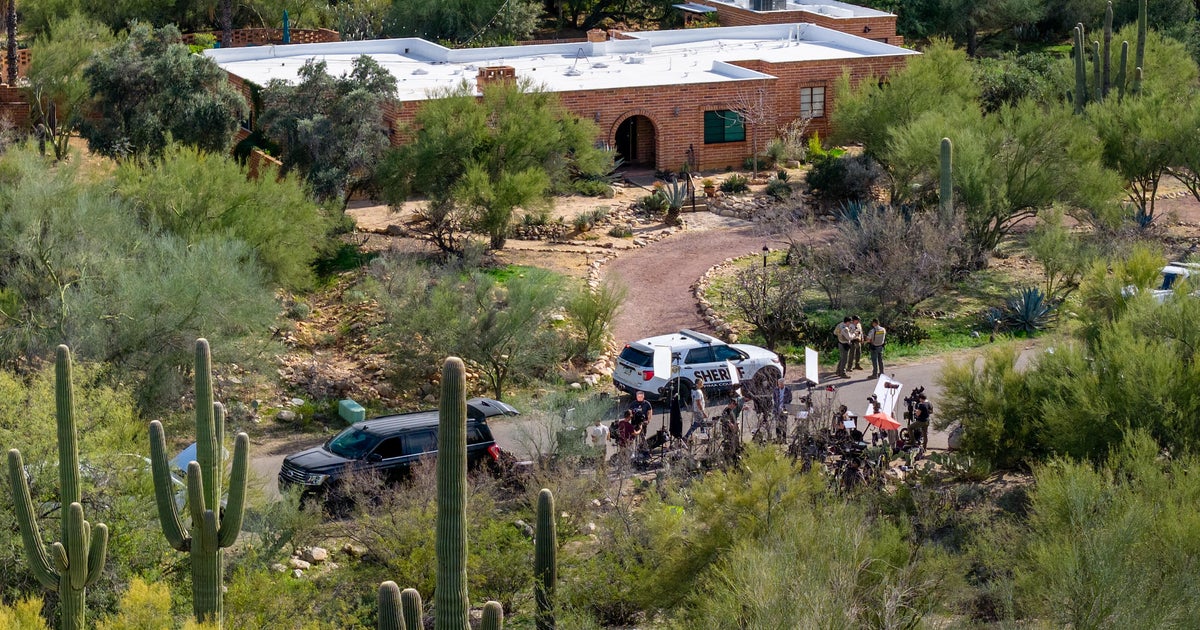Miami to fine people up to $500 if they don't wear masks
Walking outside your home without a mask could become expensive in Miami, which on Thursday ushered in a new ordinance that can fine people up to $500 for failing to cover their mouth and nose while in public.
People without masks in public will first be issued a verbal warning, while a city worker will provide them with a free mask, the city said on its website. The next offense carries a $50 fine, while a third offense costs $150. A fourth offense will carry a fine of $500 — and a promise to appear in court, according to the Miami Herald, which noted that the city won't send unpaid fines to collection agencies.
The fines are necessary because only a "heavy hand" can ensure compliance with the law, Miami city manager Art Noriega told the Miami Herald.
Miami isn't the first city to mandate public masks, with Scottsdale, Arizona — located in another state witnessing spikes in coronavirus cases — earlier this month requiring its residents to wear masks while outside their homes.
But the Miami decision highlights the split between local lawmakers, with Florida Governor Ron DeSantis, a Republican, so far opting against a statewide mask law. DeSantis earlier this week said his reason for not implementing a mask law is that "you catch more flies with honey than vinegar," according to a local TV report.
The new mask laws come as the number of coronavirus cases hit an all-time high of 40,000 Friday, with outbreaks in several Southern and Western states sparking the increase, such as Texas, Arizona and Florida. Florida alone was responsible for almost 1 in 4 of the new cases, with its Department of Health reporting almost 9,000 new cases of COVID-19 on Friday.
"Every single Miamian must step up and do their part to reverse this surge by wearing face coverings whenever they're in public spaces," Noriega in a statement.
On Thursday, Gov. Greg Abbott of Texas put off lifting any more restrictions and reinstated a ban on elective surgeries in some places to keep hospital space open for the growing caseloads of COVID-19 patients.
Florida, meanwhile, has banned the on-premise consumption of alcohol in bars, although the Florida Department of Business and Professional Regulation didn't specify its reason.
Florida, Arizona and Texas are among the states now seeing explosive growth in coronavirus cases that are also taking an economic hit, with indicators such as restaurant bookings, consumer spending and small business activity pointing to a slowdown. The data suggest that many consumers aren't willing to patronize restaurants and shops because of the fear of infection, an issue which could hamper those states' economic recoveries.



